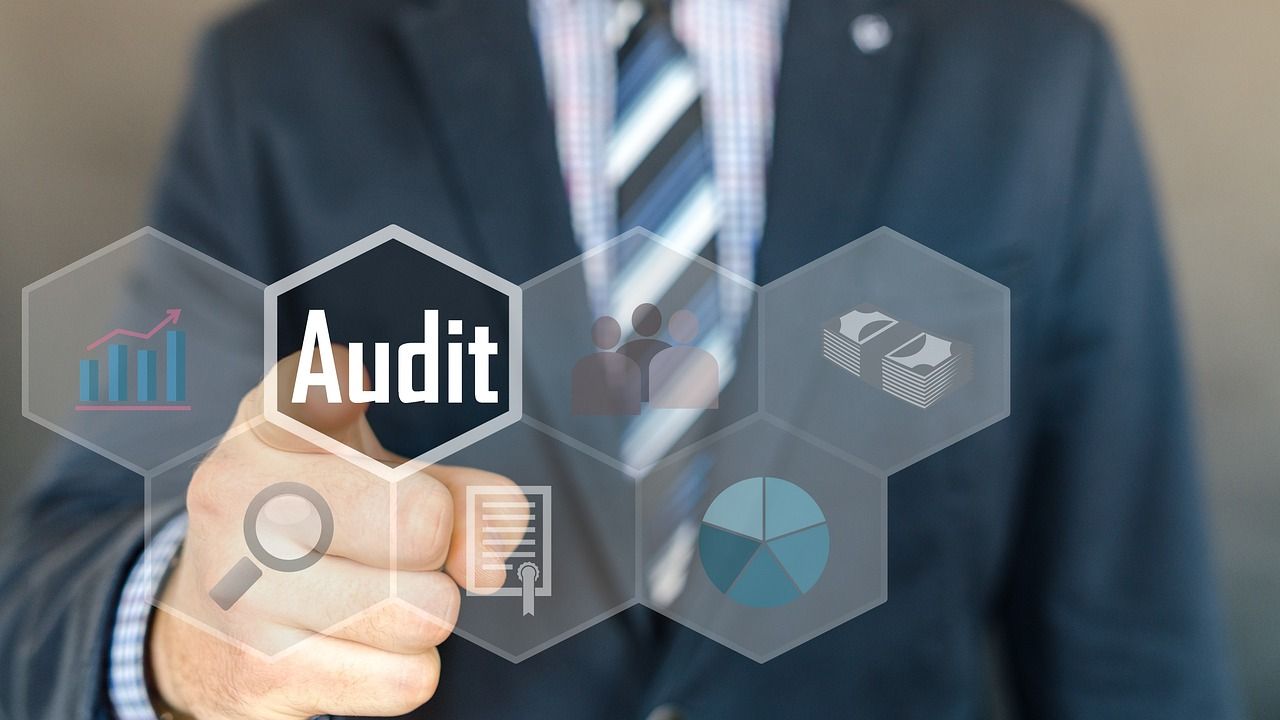
A virtual private network's (VPN) entire purpose is to keep you anonymous online. This is why the best VPNs take many steps to ensure that you as a user can trust them when they say they do not track, store or share your data.
One of the ways VPN services do this is via external audits. This means that an outside source examines various parts of the VPN, in order to prove (or disprove) any claims that VPN makes about its user privacy.
Here, we explore what a VPN audit is, what types of audit VPNs can undergo, scope, and why they are so important in maintaining user trust.
What is a VPN audit?
A VPN audit is when an independent third party (meaning a firm not affiliated with the VPN in question) evaluates a VPN’s infrastructure, system, and/or its privacy policy.
The external party will do this in order to verify that the VPN's claims about data security and compliance adherence are legitimate.
Depending on their scope, VPN audits can be of two types:
- Privacy audits: this involves the third party digging into the VPN’s no-logs and privacy policies, as well as its terms of service, to ensure they're being adhered to. This type of audit checks how a VPN handles user data, including the types of data collected, the collection mechanism itself, and the VPN’s data storage principles. Additionally, the auditor also ensures the VPN doesn't share any data as per its promises.
- Security audits: these audits dive deep into a specific part of the VPN service, which could be any of its apps or the overall software and infrastructure. Checks are done on the integrity of these systems to find out if there are any vulnerabilities that could put user privacy at risk.
It's also worth noting that once an audit is completed, the unbiased third party publishes a full audit report, where it discloses all its findings and conclusions.
Although the VPN company that has been audited isn't legally required to publish these audit reports, it's always a good sign if they do. This is because a positive audit proves that their claims have been verified, which is why all the most secure VPNs make it well known when they have completed a new audit.
Why are VPN audits important?
Considering the sheer volume of sensitive customer data VPN services tackle, it's important to prove that the VPN is keeping this user data safe.
This is where VPN audits come in, as they evaluate a VPN's architecture and processes to ensure that this sensitive data is being handled appropriately. It also ensures that a VPN's claims are accurate and that it isn't claiming to uphold user privacy while actually collecting and selling user data.
As VPN audits are undertaken by independent parties and not the VPN company, meaning customers don't just have to take the service for its word that it's the most private VPN. Thanks to VPN audits, you don't have to blindly trust a VPN’s claims, and you can make a fully informed decision before signing up for a VPN.
While they are very useful for checking a VPN’s privacy and security credentials, they are also beneficial in helping the VPN itself keep its security intact. Independent audits can help the VPN company identify any potential lapses or vulnerabilities in its infrastructure, which they can then repair.
Moreover, VPN audits also ensure that no-logs VPNs actually do just that – not log any of their users' data. They also make sure that the VPN is abiding by the law of the land and following all relevant regulations surrounding privacy and security in its jurisdiction.
This is why it's important to make sure that whatever VPN you're using has been properly audited. While VPNs that have not been audited may be perfectly safe, if they haven't been verified by a third party, there is just no way to know.
We test and review VPN services in the context of legal recreational uses. For example:1. Accessing a service from another country (subject to the terms and conditions of that service).2. Protecting your online security and strengthening your online privacy when abroad.We do not support or condone the illegal or malicious use of VPN services. Consuming pirated content that is paid-for is neither endorsed nor approved by Future Publishing.







